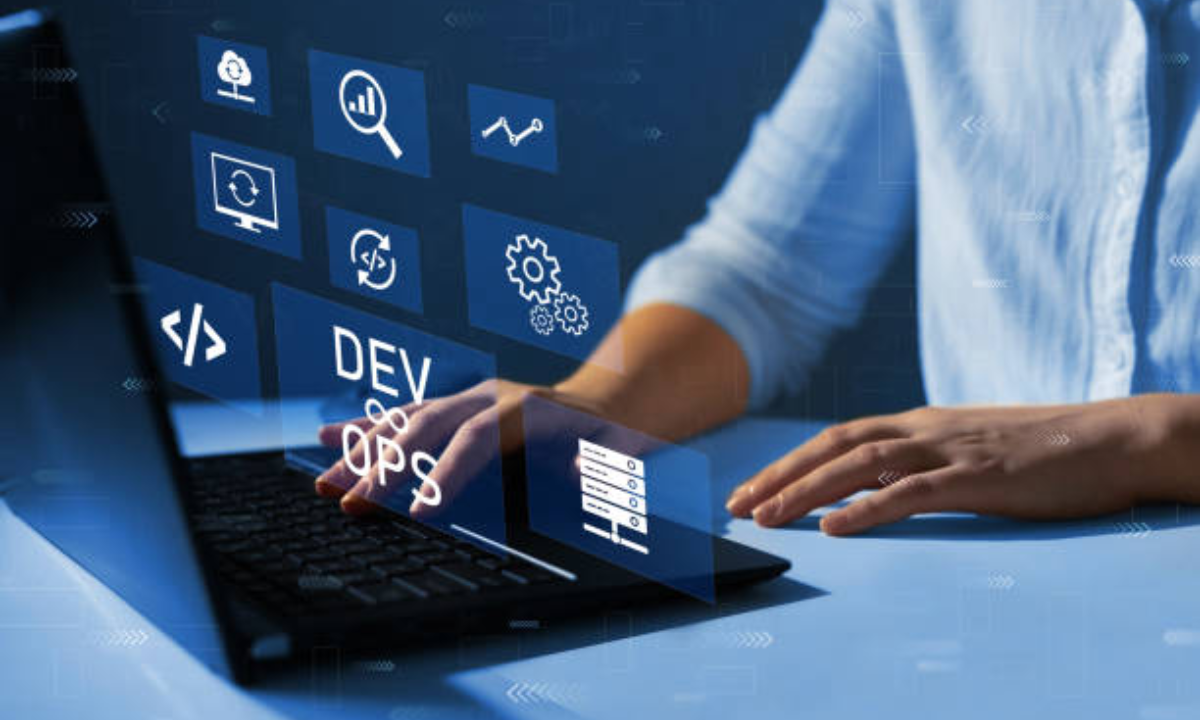Table of Contents
2. Automation and CI/CD Pipeline Management
3. DevOps expertise using Docker and Containerization
4. Cloud Computing and Infrastructure Management
5. Security and Compliance in DevOps (DevSecOps)
Why Learn These DevOps Skills?
The field of DevOps is evolving rapidly, and professionals need to stay ahead by mastering the latest technologies, tools, and methodologies. Organizations across industries are adopting DevOps architecture to streamline operations, automate workflows, and improve software delivery. To succeed in this competitive field, it is crucial to acquire key DevOps engineer skills that will help you stand out in the job market.
In 2025, DevOps engineers will need to be skilled in continuous integration, automation, cloud computing, containerization, and security. Taking a DevOps course can offer hands-on experience and real-world knowledge, and you will become a desired candidate in the industry. This blog describes the five key DevOps skills you need to learn in 2025 to boost your career.
1. DevOps Architecture skills
DevOps architecture is crucial to the seamless integration of development and IT operations. Knowing how to design, implement, and operate scalable, secure, and automated DevOps pipelines is an essential skill.
Important Features of DevOps Architecture:
- Microservices and Serverless Computing: Allows modular and scalable application development.
- Scalability and Performance Optimization: Provides high availability and optimized resource usage.
- Infrastructure as Code (IaC): Automates infrastructure management for repeatable deployments.
- Monitoring and Logging: Incorporates real-time monitoring software for performance insights.
Through DevOps architecture mastery, experts can streamline software delivery pipelines and improve collaboration among teams.
2. Automation and CI/CD Pipeline Management
Automating software development workflows using Continuous Integration (CI) and Continuous Deployment (CD) pipelines is perhaps the most significant DevOps engineer skill. Automation reduces human error, increases productivity, and speeds up software releases.
Key Areas of CI/CD Automation:
- Version Control and Automated Code Integration: Facilitates smooth updates and minimizes conflicts.
- Automated Testing and Deployment: Enhances software quality and reduces downtime.
- Orchestration Tools: Facilitates effective configuration management and workload allocation.
Mastering automation is crucial for organizations that want to release high-quality software at an increased rate.
3. DevOps expertise using Docker and Containerization
Containerization is a DevOps game-changer, and DevOps with Docker skills are a necessary requirement. Containers offer a lightweight, portable, and consistent platform for applications, which results in more efficient deployments.
Main Components of DevOps with Docker:
- Container Orchestration: Effectively manages containers at scale.
- Security and Networking in Containers: Maintains data integrity and hassle-free communication.
- Docker Compose and Kubernetes Integration: Supports seamless application management.
- Efficient Deployment of Microservices: Enhances scalability and resource usage.
With Kubernetes and Docker, DevOps engineers can automate deployment procedures and boost application performance.
4. Cloud Computing and Infrastructure Management
Cloud computing is the backbone of contemporary DevOps. Organizations are moving toward cloud environments to enhance flexibility, scalability, and cost savings. An experienced DevOps practitioner should be well-versed in cloud service providers and infrastructure management platforms.
Key Cloud Skills for DevOps:
- Cloud Service Providers: Familiarity with platforms such as AWS, Azure, and Google Cloud.
- Infrastructure as Code (IaC): Automating the provisioning of cloud infrastructure.
- Cloud Security Best Practices: Securing data and applications against threats.
- Hybrid and Multi-Cloud Deployments: Management of resources across different cloud providers.
Mastering cloud computing enables DevOps engineers to streamline workflows and improve system performance.
5. Security and Compliance in DevOps (DevSecOps)
Security is of utmost importance in software development, and hence, DevSecOps is an imperative aspect of DevOps infrastructure. Including security at all phases of the software development life cycle (SDLC) guarantees strong data security and compliance.
Major DevSecOps Areas:
- Automated Security Testing: Identifies vulnerabilities in real time.
- Identity and Access Management (IAM): Blocking unauthorised access.
- Compliance and Regulatory Requirements: Guarantees compliance with industry guidelines.
- Threat Detection and Incident Response: Increases application security.
Organizations are emphasizing DevSecOps to reduce risks and deliver secure software solutions.
Why Learn These DevOps Skills?
The need for DevOps engineers is on the rise as organizations stress automation, cloud computing, and security. Learning these five key DevOps skills will:
- Increase career opportunities in the IT sector.
- Offer scope for better pay and job titles.
- Enhance software delivery efficiency and operational performance.
- Assist you in remaining ahead of the curve with industry trends for 2025 and beyond.
A formalized DevOps course can give the required knowledge and hands-on training to excel at these skills successfully.
Conclusion
If you are interested in starting a successful career in DevOps, joining a DevOps course in Pune is the best solution to learn with hands-on training and industry-level certification.
Step ahead in your DevOps path with Apponix Technologies and land a well-paying job in the IT sector.
Ready to learn DevOps architecture, automation, and cloud computing? Join a DevOps course in Pune now and grow your career in 2025!




